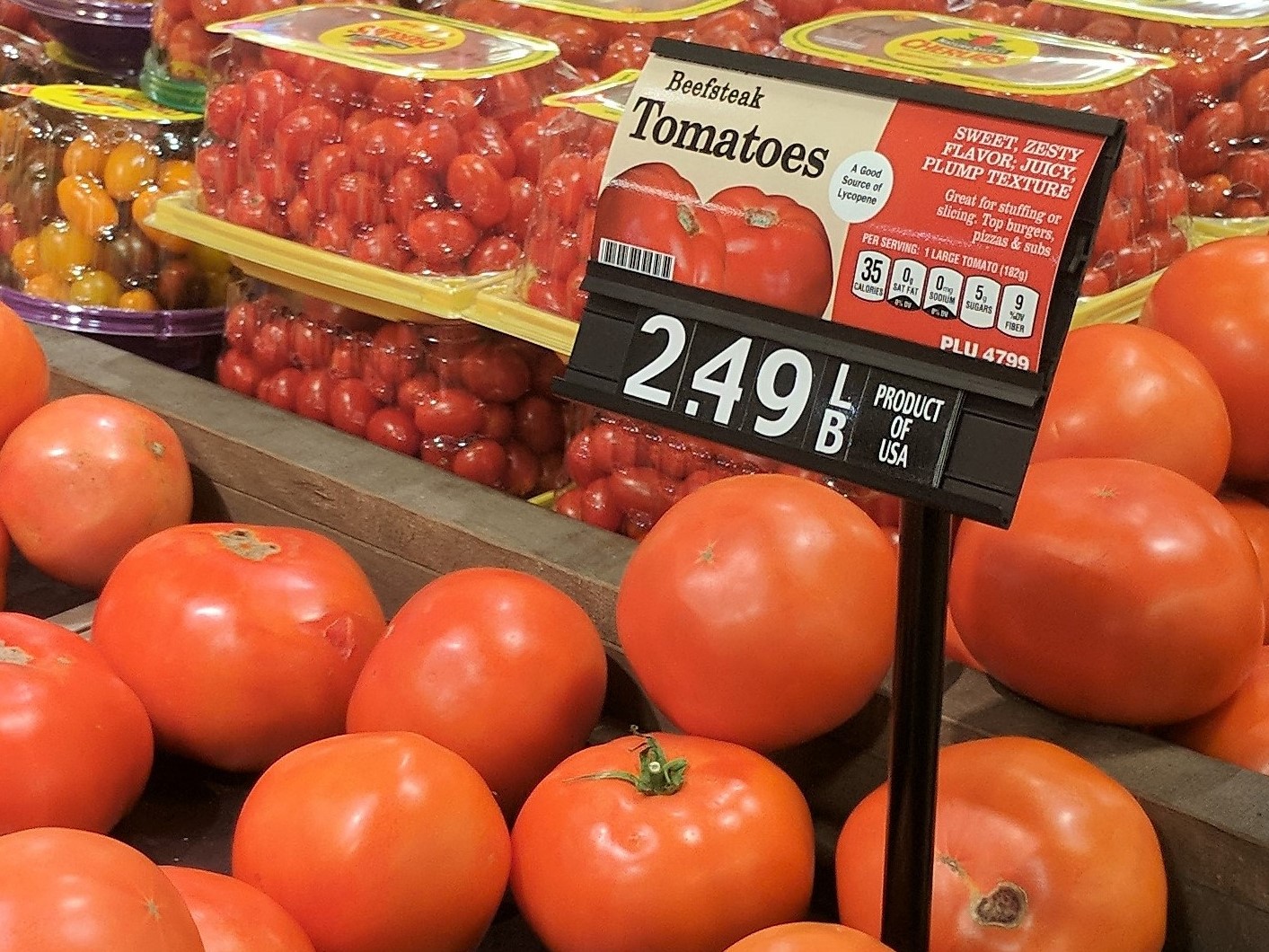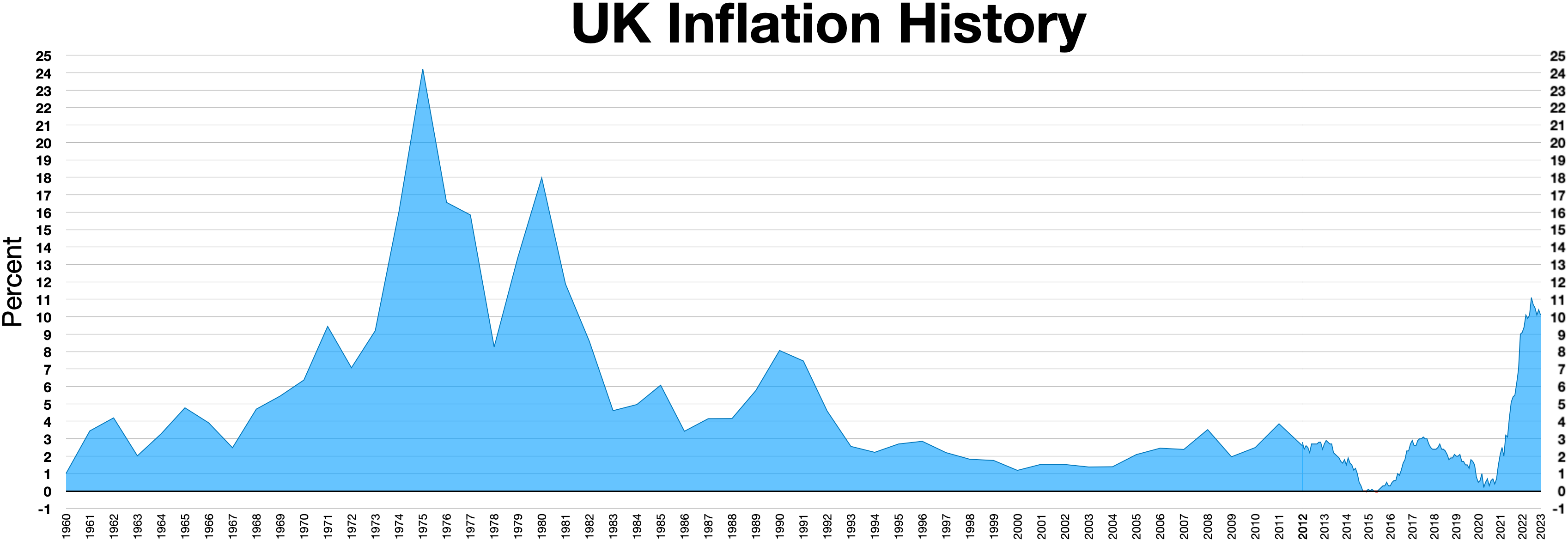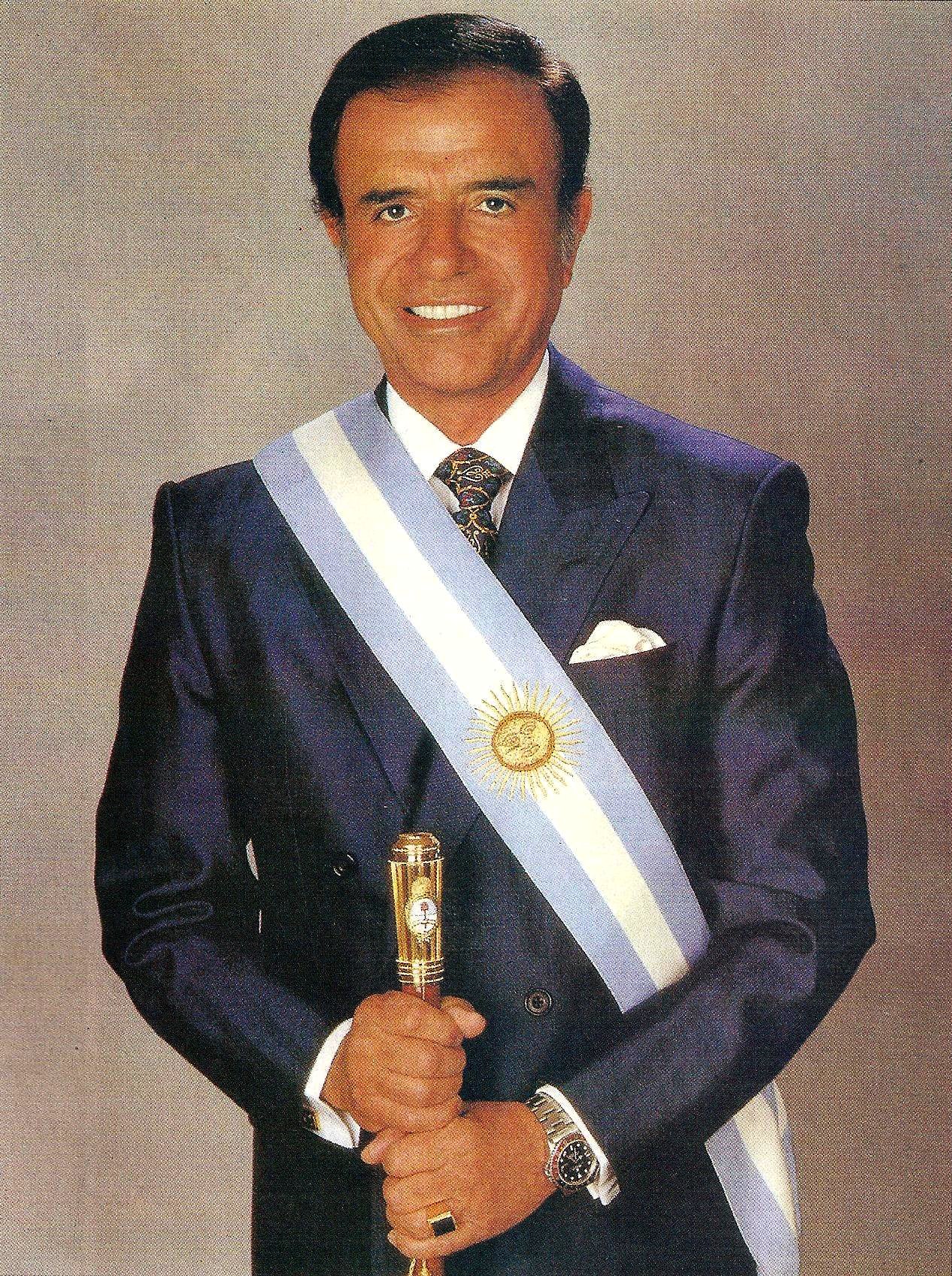|
Berg Report
The Berg report is the name most commonly used for the World Bank-published report "Accelerated Development in Sub-Saharan Africa: A Plan for Action," written by Elliot Berg in 1981. The report was written in response to a 1979 request from the African Governors of the World Bank for a paper analyzing the development problems facing African countries. It also responds to a set of policies determined by African Chiefs of State in 1980, called the Lagos Plan of Action. While the Lagos Plan endorsed inward-looking policies of African self-reliance, the Berg report advocated for outward-looking policies of increased international trade. Synopsis The report is historically important for having marked a shift in African countries’ economic policies towards economic liberalization. It details several policy recommendations in its plan for action, including “(1) more suitable trade and exchange-rate policies; (2) increased efficiency of resource use in the public sector; and (3) impr ... [...More Info...] [...Related Items...] OR: [Wikipedia] [Google] [Baidu] |
World Bank
The World Bank is an international financial institution that provides loans and grants to the governments of low- and middle-income countries for the purpose of pursuing capital projects. The World Bank is the collective name for the International Bank for Reconstruction and Development (IBRD) and International Development Association (IDA), two of five international organizations owned by the World Bank Group. It was established along with the International Monetary Fund at the 1944 Bretton Woods Conference. After a slow start, its first loan was to France in 1947. In the 1970s, it focused on loans to developing world countries, shifting away from that mission in the 1980s. For the last 30 years, it has included NGOs and environmental groups in its loan portfolio. Its loan strategy is influenced by the Sustainable Development Goals as well as environmental and social safeguards. , the World Bank is run by a president and 25 executive directors, as well as 29 various vice ... [...More Info...] [...Related Items...] OR: [Wikipedia] [Google] [Baidu] |
Lagos Plan Of Action
The Lagos Plan of Action (officially the Lagos Plan of Action for the Economic Development of Africa, 1980–2000) was an Organisation of African Unity-backed plan to increase Africa's self-sufficiency. The plan aimed to minimize Africa's links with Western countries by maximizing Africa's own resources. History It was drafted in Lagos, Nigeria in April 1980, during a conference which included a variety of African leaders. The plan blamed Africa's economic crisis on the Structural Adjustment Programs of the World Bank and International Monetary Fund and the vulnerability of African economies to worldwide economic shocks, such as the 1973 oil crisis.Eyoh, Dickson - ''African Perspectives on Democracy and the Dilemmas of Postcolonial Intellectuals'' in African Affairs, Africa Today , 45(3-4), 1998, pp.281-306: p. 284 It has been characterized as the collective response of African states to the growing reliance of Western economies on the ideology of neoliberalism, which was sum ... [...More Info...] [...Related Items...] OR: [Wikipedia] [Google] [Baidu] |
Economic Liberalization
Economic liberalization (or economic liberalisation) is the lessening of government regulations and restrictions in an economy in exchange for greater participation by private entities. In politics, the doctrine is associated with classical liberalism and neoliberalism. Liberalization in short is "the removal of controls" to encourage economic development. Many countries have pursued and followed the path of economic liberalization in the 1980s, 1990s and in the 21st century, with the stated goal of maintaining or increasing their competitiveness as business environments. Liberalization policies may or often include the partial or complete privatization of government institutions and State ownership, state-owned assets, greater labour market flexibility, lower tax rates for businesses, less restrictions on both domestic and foreign capital, open markets, etc. In support of liberalization, former British prime minister Tony Blair wrote that: "Success will go to those companies and ... [...More Info...] [...Related Items...] OR: [Wikipedia] [Google] [Baidu] |
Food Prices
Food prices refer to the average price level for food across countries, regions and on a global scale. Food prices have an impact on producers and consumers of food. Price levels depend on the food production process, including food marketing and food distribution. Fluctuation in food prices is determined by a number of compounding factors. Geopolitical events, global demand, exchange rates, government policy, diseases and crop yield, energy costs, availability of natural resources for agriculture, food speculation, changes in the use of soil and weather events have a direct impact on the increase or decrease of food prices. The consequences of food price fluctuation are multiple. Increases in food prices, or agflation, endangers food security, particularly for developing countries, and can cause social unrest. Increases in food prices is related to disparities in diet quality and health, particularly among vulnerable populations, such as women and children. Food prices will o ... [...More Info...] [...Related Items...] OR: [Wikipedia] [Google] [Baidu] |
Structural Adjustment
Structural adjustment programs (SAPs) consist of loans (structural adjustment loans; SALs) provided by the International Monetary Fund (IMF) and the World Bank (WB) to countries that experience economic crises. Their purpose is to adjust the country's economic structure, improve international competitiveness, and restore its balance of payments. The IMF and World Bank (two Bretton Woods institutions) require borrowing countries to implement certain policies in order to obtain new loans (or to lower interest rates on existing ones). These policies are typically centered around increased privatization, liberalizing trade and foreign investment, and balancing government deficit. The conditionality clauses attached to the loans have been criticized because of their effects on the social sector. SAPs are created with the stated goal of reducing the borrowing country's fiscal imbalances in the short and medium term or in order to adjust the economy to long-term growth. By requiring the ... [...More Info...] [...Related Items...] OR: [Wikipedia] [Google] [Baidu] |
Free-market
In economics, a free market is an economic system in which the prices of goods and services are determined by supply and demand expressed by sellers and buyers. Such markets, as modeled, operate without the intervention of government or any other external authority. Proponents of the free market as a normative ideal contrast it with a regulated market, in which a government intervenes in supply and demand by means of various methods such as taxes or regulations. In an idealized free market economy, prices for goods and services are set solely by the bids and offers of the participants. Scholars contrast the concept of a free market with the concept of a coordinated market in fields of study such as political economy, new institutional economics, economic sociology and political science. All of these fields emphasize the importance in currently existing market systems of rule-making institutions external to the simple forces of supply and demand which create space for those fo ... [...More Info...] [...Related Items...] OR: [Wikipedia] [Google] [Baidu] |
Stagflation
In economics, stagflation or recession-inflation is a situation in which the inflation rate is high or increasing, the economic growth rate slows, and unemployment remains steadily high. It presents a dilemma for economic policy, since actions intended to lower inflation may exacerbate unemployment. The term, a portmanteau of '' stagnation'' and ''inflation'', is generally attributed to Iain Macleod, a British Conservative Party politician who became Chancellor of the Exchequer in 1970. Macleod used the word in a 1965 speech to Parliament during a period of simultaneously high inflation and unemployment in the United Kingdom.Introduction, page 9. Warning the House of Commons of the gravity of the situation, he said: Macleod used the term again on 7 July 1970, and the media began also to use it, for example in ''The Economist'' on 15 August 1970, and ''Newsweek'' on 19 March 1973. John Maynard Keynes did not use the term, but some of his work refers to the conditions that ... [...More Info...] [...Related Items...] OR: [Wikipedia] [Google] [Baidu] |
1979 Energy Crisis
The 1979 oil crisis, also known as the 1979 Oil Shock or Second Oil Crisis, was an energy crisis caused by a drop in oil production in the wake of the Iranian Revolution. Although the global oil supply only decreased by approximately four percent, the oil markets' reaction raised the price of crude oil drastically over the next 12 months, more than doubling it to . The sudden increase in price was connected with fuel shortages and long lines at gas stations similar to the 1973 oil crisis. In 1980, following the onset of the Iran–Iraq War, oil production in Iran fell drastically. Iraq's oil production also dropped significantly, triggering economic recessions worldwide. Oil prices did not return to pre-crisis levels until the mid-1980s. Oil prices after 1980 began a steady decline over the next 20 years, except for a brief uptick during the Gulf War, which then reached a 60% fall-off in the 1990s. Mexico, Nigeria, and Venezuela's major oil exporters expanded their produc ... [...More Info...] [...Related Items...] OR: [Wikipedia] [Google] [Baidu] |
Lagos Plan Of Action
The Lagos Plan of Action (officially the Lagos Plan of Action for the Economic Development of Africa, 1980–2000) was an Organisation of African Unity-backed plan to increase Africa's self-sufficiency. The plan aimed to minimize Africa's links with Western countries by maximizing Africa's own resources. History It was drafted in Lagos, Nigeria in April 1980, during a conference which included a variety of African leaders. The plan blamed Africa's economic crisis on the Structural Adjustment Programs of the World Bank and International Monetary Fund and the vulnerability of African economies to worldwide economic shocks, such as the 1973 oil crisis.Eyoh, Dickson - ''African Perspectives on Democracy and the Dilemmas of Postcolonial Intellectuals'' in African Affairs, Africa Today , 45(3-4), 1998, pp.281-306: p. 284 It has been characterized as the collective response of African states to the growing reliance of Western economies on the ideology of neoliberalism, which was sum ... [...More Info...] [...Related Items...] OR: [Wikipedia] [Google] [Baidu] |
Washington Consensus
The Washington Consensus is a set of ten economic policy prescriptions considered to constitute the "standard" reform package promoted for crisis-wracked developing countries by Washington, D.C.-based institutions such as the International Monetary Fund (IMF), World Bank and United States Department of the Treasury.Williamson, John"What Washington Means by Policy Reform", in: Williamson, John (ed.): ''Latin American Readjustment: How Much has Happened'', Washington: Peterson Institute for International Economics 1989. The term was first used in 1989 by English economist John Williamson. The prescriptions encompassed free-market promoting policies in such areas as macroeconomic stabilization, economic opening with respect to both trade and investment, and the expansion of market forces within the domestic economy. Subsequent to Williamson's use of the terminology, and despite his emphatic opposition, the phrase Washington Consensus has come to be used fairly widely in a second, b ... [...More Info...] [...Related Items...] OR: [Wikipedia] [Google] [Baidu] |
Trade Liberalization
Free trade is a trade policy that does not restrict imports or exports. It can also be understood as the free market idea applied to international trade. In government, free trade is predominantly advocated by political parties that hold economically liberal positions, while economic nationalist and left-wing political parties generally support protectionism, the opposite of free trade. Most nations are today members of the World Trade Organization multilateral trade agreements. Free trade was best exemplified by the unilateral stance of Great Britain who reduced regulations and duties on imports and exports from the mid-nineteenth century to the 1920s. An alternative approach, of creating free trade areas between groups of countries by agreement, such as that of the European Economic Area and the Mercosur open markets, creates a protectionist barrier between that free trade area and the rest of the world. Most governments still impose some protectionist policies that are inten ... [...More Info...] [...Related Items...] OR: [Wikipedia] [Google] [Baidu] |


